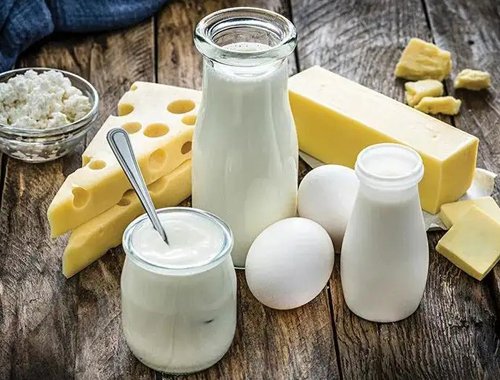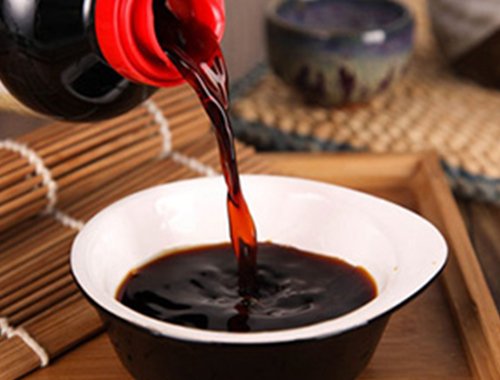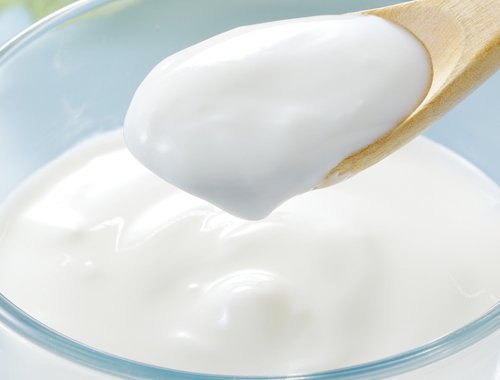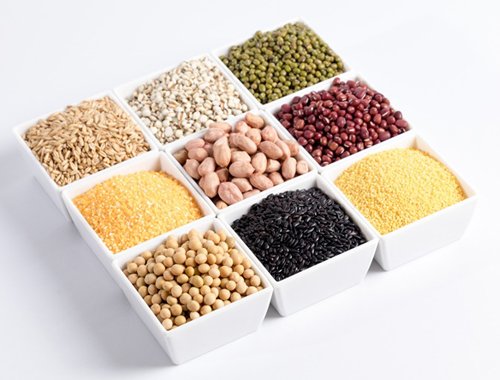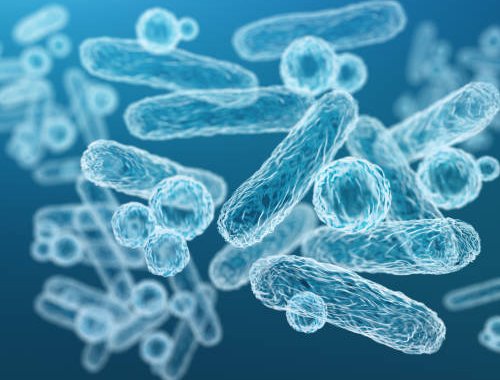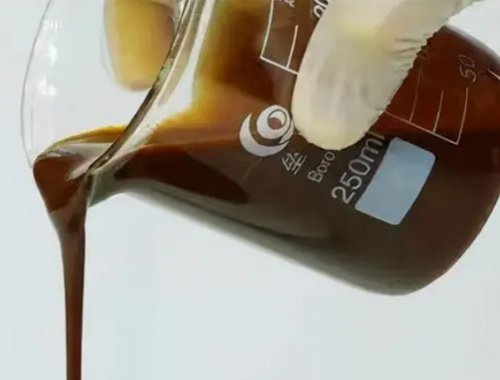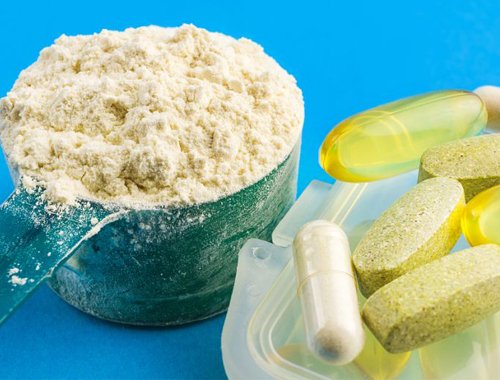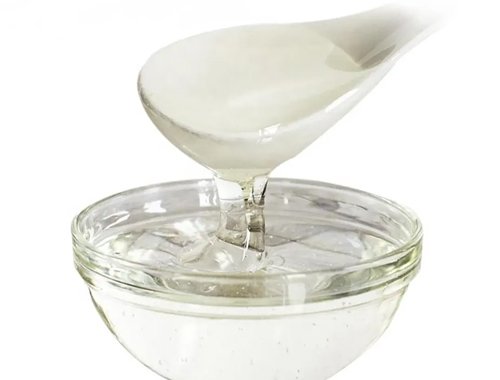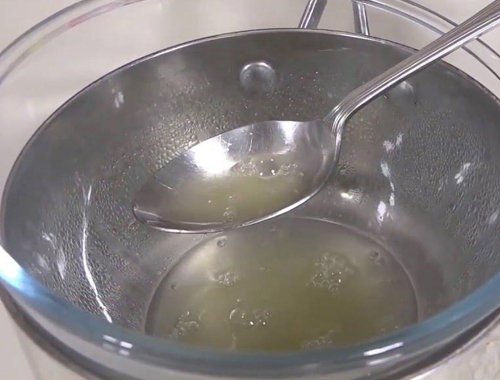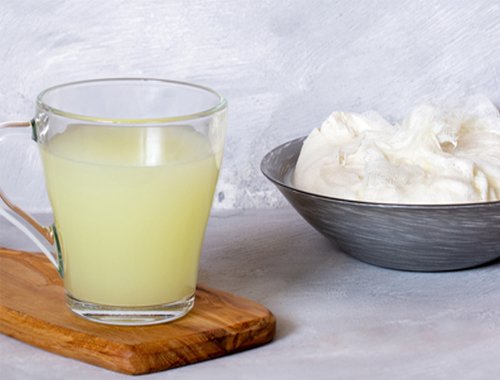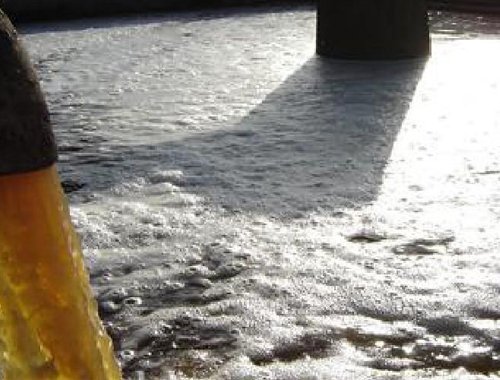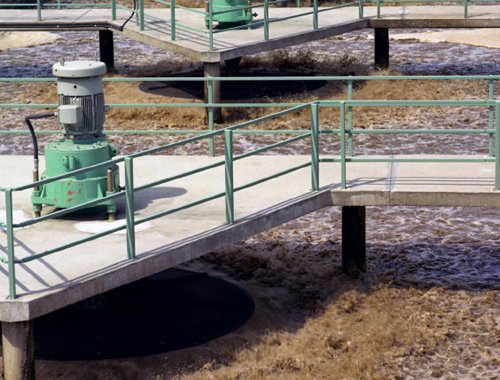Membrane Filtration Applications: Membrane filtration is a crucial process in various industries, including laboratory testing, pharmaceuticals, food and beverage, skin care, petrochemical, and biotechnology. This technology uses a semipermeable membrane to separate particles or molecules based on their size, charge, or hydrophobicity. Membrane filtration has become an essential tool for various applications due to its high efficiency, versatility, and cost-effectiveness.there are many different applications of membrane filtration in various industries.
Such as Laboratory Testing, Pharmaceuticals, Food and Beverage, Skin Care, Petrochemical, Biotechnology etc.
Our company has extensive engineering experience in these industries and can assist you with all your filtration problems.

